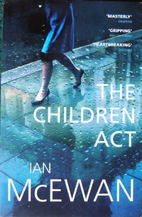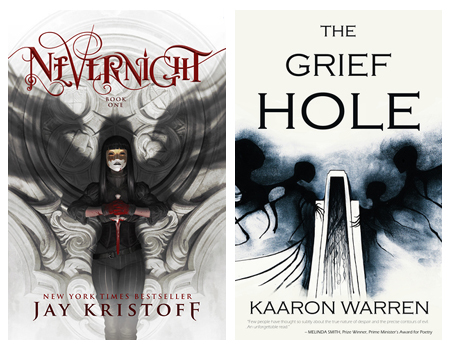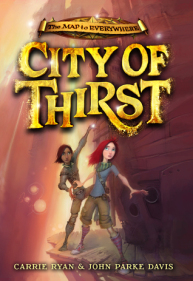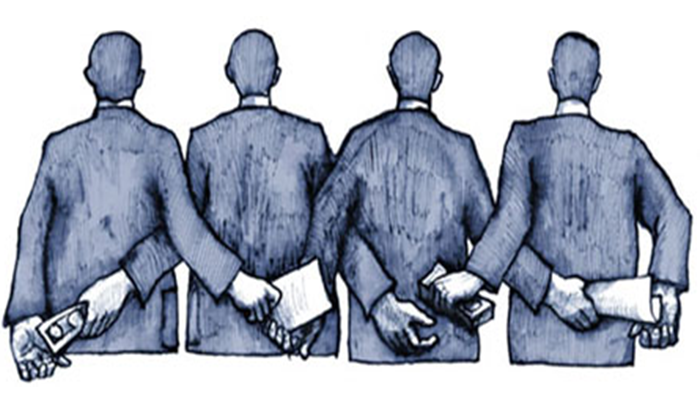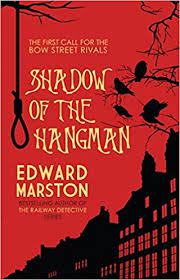
‘1815. Peter and Paul Skillen, identical twins and fearless thief-takers, stalk all who dare to walk in the shadow of the hangman. When they catch a notorious burglar, they claim a handsome reward and infuriate the Bow Street Runners who believe they have a monopoly on policing in the capital.
The Home Secretary, Viscount Sidmouth, faces a crisis. During a massacre of American prisoners of war at Dartmoor, two escape and come to London in search of retribution. If their demands are not met, Sidmouth will be killed. The Skillen brothers are hired to catch the fugitives and must compete with the runners to bring the villains to justice in a compelling tale of murder, kidnap, revenger, intrigue and political machination.’
When done well, historical crime novels have the potential to be absolutely breathtaking. Some of the greatest detective stories ever told, especially the likes of Sherlock Holmes, lose their charm if set in the clamouring technological age of the modern world. One of the greatest things about detective stories is having a lead character who works it out with his (let’s be honest its almost always a ‘he’) intelligence and cunning. While its always interesting to see the concept of crime in a modern setting, the problem is that the more current the setting the grander the scale of the crime, it seems. A truly good mystery, that doesn’t involve international conspiracies and secret missile launch codes, seem to sit best in an aged setting. There is too much temptation nowadays to push the boundaries in scale rather than narrative; writers rely on shock value rather than intrigue too much for my taste. I’d much rather read about a small scale but twisting mystery than a large scale and planet threatening conspiracy.
Luckily for me, that’s exactly what Marston gives you. Far more interested in the details of the case than having villains with their eyes set on world domination, Marston has created a world in which secrecy and subtly drive the plot, which makes it a far more traditional and, to me at least, enjoyable crime novel. The way Marston manages to weave his two mysteries together is masterful, but I have to confess I was far more interested in the storyline involving the kidnapping and ransom of Mrs Horner than I was the escape of the American sailors; and I was far more interested in that than I was the storyline concerning Paul Skillen’s love life. Maybe it’s because I was spoilt growing up falling in love with the exploits of Holmes and Watson, but I can’t help but find the detectives personal backstory to be more than a little mundane. By all means, include characters such as Mrs Charlotte Skillen, whose skills and actions added a lot to the plot of the book, but I felt like the parts concerning Hannah Granville were boring and didn’t lead to much of anything.
Having said that I enjoyed the general story, I did feel as though Marston perhaps showed his hand a little too much. It seemed obvious to me, at the introduction of Ruth Levitt, that she appeared so suddenly precisely because she was meant to, and that whoever had taken Horner had done so purposefully to give Levitt access to the Home Office. I felt the same with with Holdstock, who I immediately realised we were being shown so much of because she would come back into the story in a bigger role later on. When it was revealed one of the kidnappers was female, I felt sure it was one of these two women, perhaps they were even one and the same person. For me, that meant that by the time who they were was revealed it had little to no shock value and, because it had been so easy to see coming, I didn’t feel any of the usual treasured satisfaction when I unravel the puzzle of the plot before the author shows their hand.
This disappointment just seemed to set the stage for more of the same. I didn’t enjoy the ending, it felt far too rushed and skimmed over. With all that time building up to when the American’s and French would be caught to have it happen in such quick succession with such relatively little explanation was disappointing and deflating. Perhaps most of my frustration came from the fact I had already guessed almost everything that would happen in the end and so when it came I was searching for something more. Some details or unexpected event that would bring back the excitement I had felt while rushing through the middle of the book. Unfortunately, everything was as I anticipated and I was left feeling rather flat. I’d hoped for so much more, and all signs had encouraged that hope to flourish. In the end Marston drowned them in a tidal wave of unsurprising mediocrity, which hurt all the worse as I remembered just how good the start and middle of the book had been and how high my expectations were driven.
Don’t get me wrong, I did really enjoy this book. The problem is it just wasn’t clever enough for me, and that’s really what I look for in a detective story. It’s not the first crime story with an anticlimactic ending that I’ve read but, unfortunately, if you end on a bum note that’s generally the one the reader remembers the most vividly, no matter what beautiful symphonies came before.

